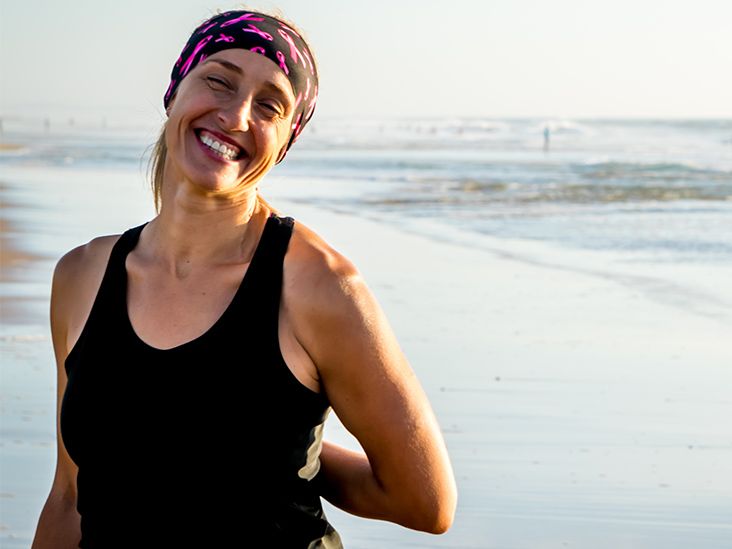Breast cancer, contrary to popular belief, isn’t only a genetic disease. In many cases, lifestyle choices, particularly diet, play a significant role in the onset of breast cancer. In fact, fighting and preventing breast cancer can begin at your dining table.
A recent rise in early-onset breast cancer, especially in females under the age of 50, is a worrying development. Consequently, death rates from breast cancer have shown an overall decrease, but the problem persists among women of color, who experience persisting disparities.
Unhealthy lifestyle choices like excessive alcohol consumption, lack of regular physical activity, unbalanced food choices, and exposure to harmful environmental toxins have been recognized as prominent factors behind breast cancer. Therefore, maintaining a balanced body weight, engaging in consistent physical activity, monitoring dietary habits, and reducing exposure to environmental toxins are proven tactics to mitigate the risk of breast cancer.
Breast cancer deaths have declined significantly over the past 30 years, witnessing a fall of 44%. However, the frequency of breast cancer diagnoses among females under 50 has risen alarmingly, with mortalities rates varying starkly among women of color and white women. Even worse, black women are more vulnerable to triple-negative breast cancers and have the lowest survival rates for nearly all breast cancer subtypes and stages.
Alcohol consumption has been directly linked to increasing the risk of six types of cancer, including breast cancer. Moreover, unhealthy lifestyle choices such as obesity, poor dietary habits, and exposure to environmental toxins also contribute significantly to breast cancer development.
Females need to be aware that the breast organ is quite vulnerable to cancer, which explains why breast cancer is so common. Modifiable factors, such as delaying childbirth, avoiding breastfeeding, overconsuming alcohol, maintaining excess body weight, not exercising, unhealthy diet, and using pharmaceutical hormones for extended durations, significantly boost the risk of breast cancer, especially in young women.
To protect oneself from the risk of breast cancer, Dr. Marisa C. Weiss, the chief medical officer and founder of Breastcancer.org, recommends maintaining a healthy weight, regularly exercising, adhering to a plant-based or Mediterranean diet, limiting or eliminating alcohol usage, reducing exposure to environmental pollutants, considering non-hormonal birth control, quitting smoking, sleeping well, maintaining social connections, considering genetic testing for BRCA gene mutations, and further testing for those with dense breasts.
Obesity or being overweight affects two-thirds of women. Carrying extra weight fuels inflammation, resulting in cell irritation and increasing the chances of cancer cell occurrence. Obesity also brings on puberty earlier, which itself is a risk factor for breast cancer. Overweight individuals often find it challenging to exercise, and they are less likely to maintain a healthy diet.
Environmental pollutants, especially pesticides and plastics, fragrances, and other forms of pollutants can dissolve in fat, and their residues can be still present in the fat tissues years after exposure.
Rising alcohol use among females is another worry. Studies show that there is no safe level of alcohol use and any amount can increase breast cancer risk.
Consuming conventional dairy products exposes consumers to uncontrolled amounts of hormones and can stimulate breast cancer cell growth. Most of those hormones reside in the fat of the milk. Therefore, those who want to avoid hormone exposure should opt for organic, fat-free milk or plant-based alternatives.
Adopting a vegetarian or Mediterranean diet, even if one can’t afford organic products, is a healthier approach. Avoiding genetically processed, high soy protein powders can also reduce the risk.
It’s also crucial to discuss with healthcare professionals or genetic counselors about potential risks, such as dense breasts, family history, alcohol consumption, social isolation, and uncontrolled diabetes. With early detection and a proactive approach towards managing a healthy lifestyle, the risk of breast cancer can be significantly reduced.




